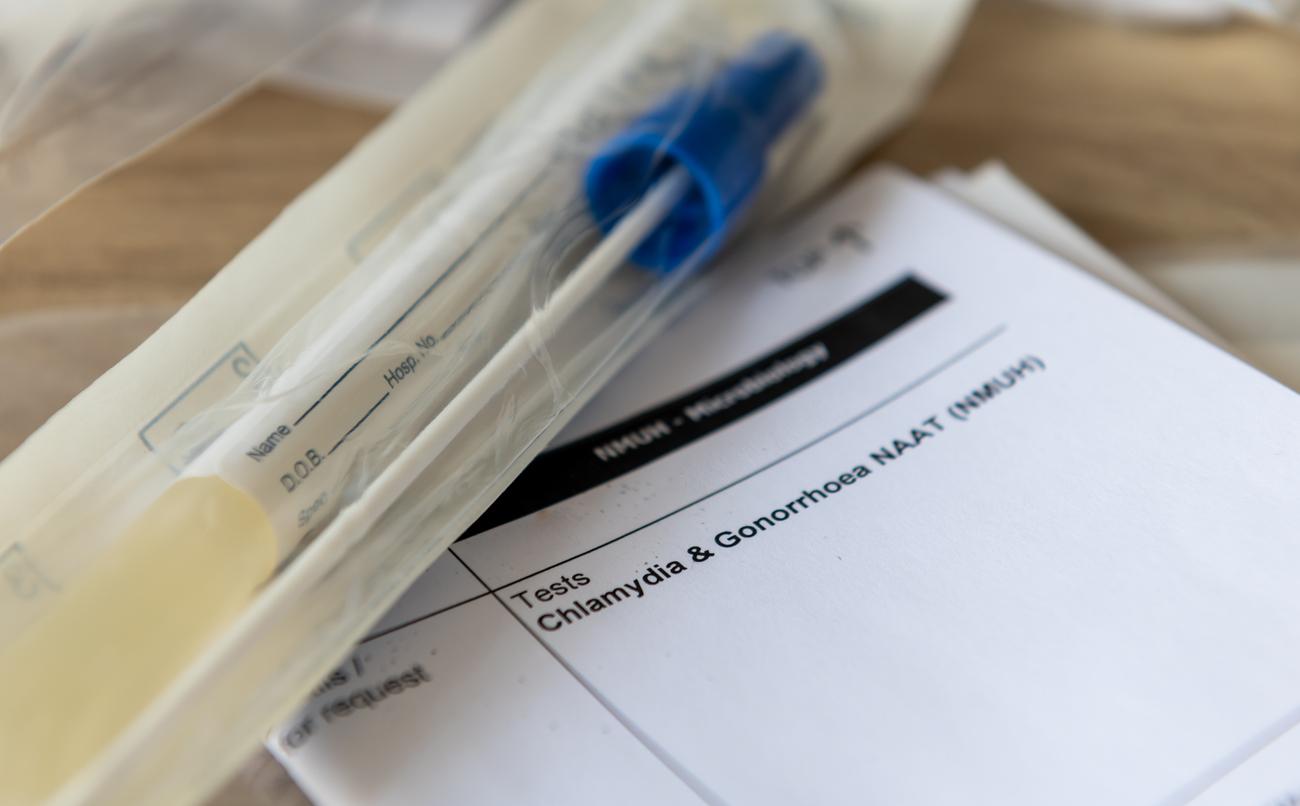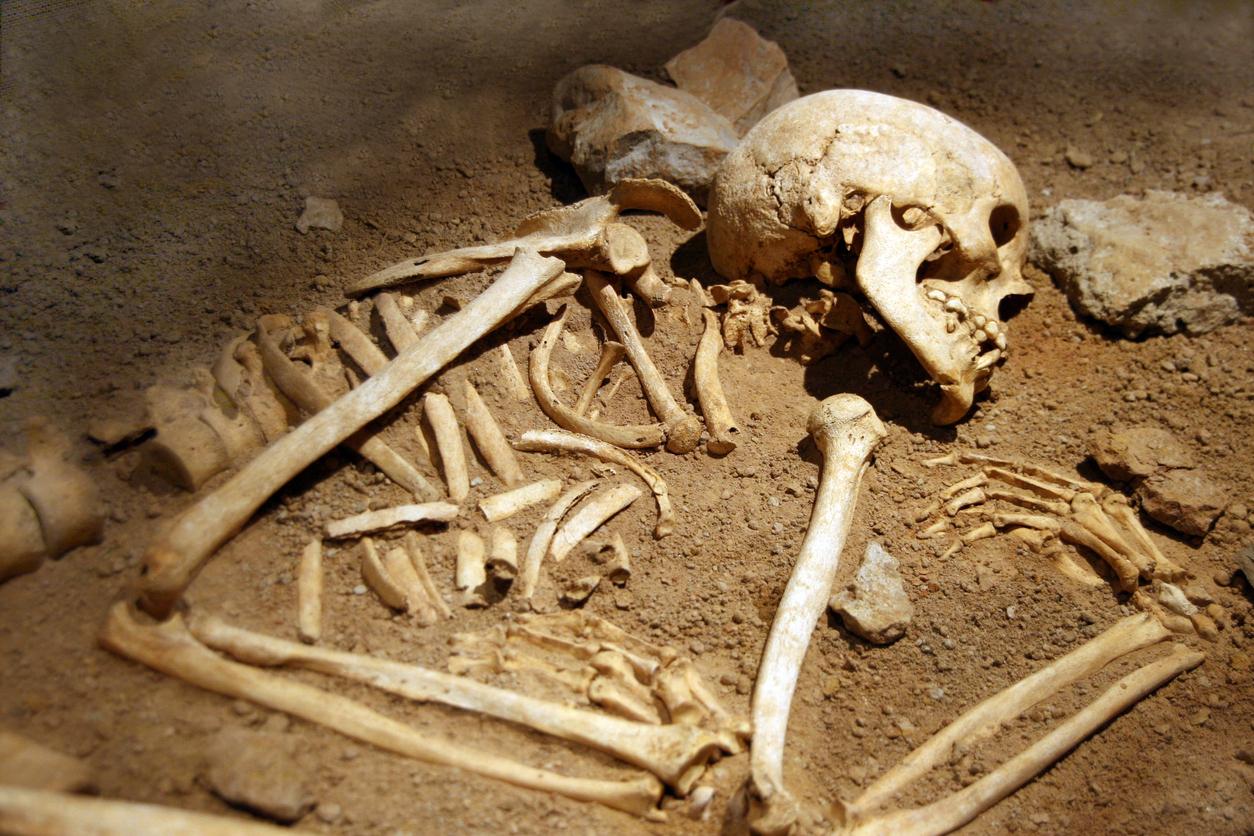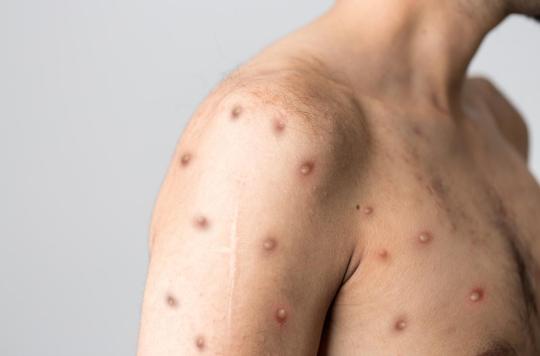Australian researchers say they have found an effective vaccine against chlamydia in koala bears. An important discovery for the development of a vaccine in humans.

Surprising as it may sound, one of the symbols of Australia could accelerate the development of a vaccine against chlamydia. Researchers at the University of Queensland (Brisbane, Australia) claim to have found a vaccine capable of immunizing koalas struck by this sexually transmitted infection (STI) common in humans.
“Between 40 and 70% of koalas have chlamydiae somewhere in their body,” explains the Telegraph Professor Ken Beagley, Institute of Health and Biomedical Innovation.
Chlamydia is a sneaky infection. In women, as in men, it may not have any symptoms. If left undiagnosed and therefore untreated, it can lead to upper genital infection, a major cause of infertility, ectopic pregnancy, and miscarriage. In France, these infections are the leading cause of female infertility. It is estimated that nearly 4% of young girls under 25 are infected with chlamydia and this figure is between 10 and 15% in the Paris region.
DNA damage in sperm
In the koala, the same consequences are observed. The infection also causes DNA damage to sperm in male marsupials. By focusing on these changes, Australian researchers were able to develop an effective vaccine that could be an alternative to current antibiotic therapy. A long-term job since it took the team more than 7 years of research.
“We have a vaccine that we think is effective. We have conducted several trials with kola in captivity and are currently vaccinating wild koalas, the researcher said. From this research, we are trying to develop methods to process both animal and sperm prior to natural mating, ”added Stephen Johnston, co-author of these works presented Tuesday, August 25 at the Annual Meeting of the Reproductive Biology Society held in Adelaide.
.
















